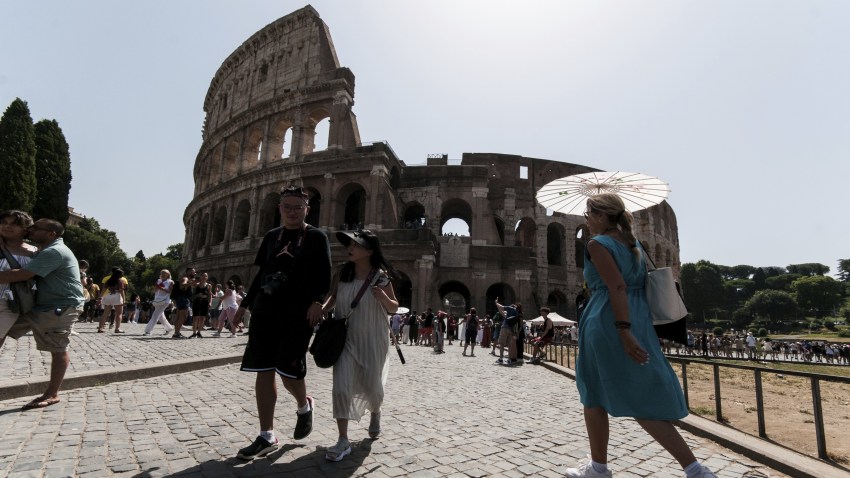Globally, there are essentially two prevalent images of Italy, neither of which are necessarily accurate. There’s the political image, a stereotype of seemingly constant chaos and turnover creating a political drama that never fails to capture the world’s attention.
And then there’s Italy’s image as depicted by popular culture, both its own and that of other countries. Historic cities and stunning landscapes. Beautiful beaches with perennially perfect weather. Luxury fashion, high art and cinema. Aperol spritzes, Negronis and wine. The Roman empire and the Renaissance. And of course, cuisine. From “Roman Holiday” to “White Lotus” to any old corner pizzeria, that image of Italy is the one that endures for most people.
That image is also one of the country’s greatest assets in global affairs. By virtually every index, Italy has a tremendous amount of soft power, consistently ranking in top 10 lists in spite of the country’s perceived political instability. In Italy’s soft power arsenal, the country’s culture, both historical and contemporary, is its most powerful weapon.

